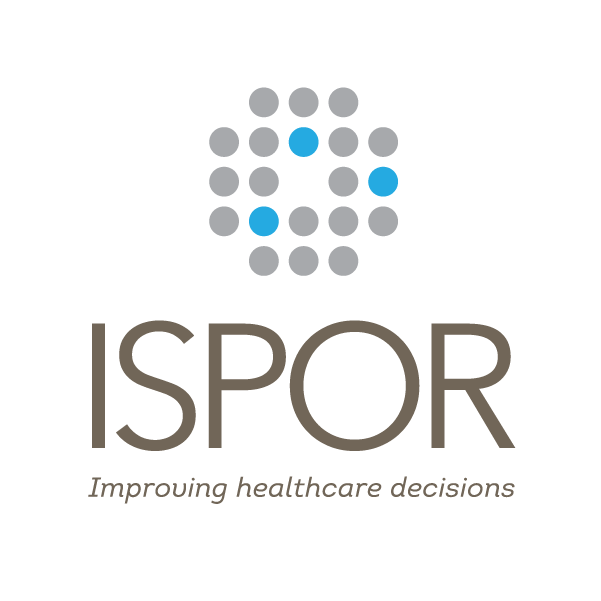Newswise — Baltimore, MD, USA—May 21, 2018—ISPOR, the professional society for health economics and outcomes research, held a panel session this afternoon, “Should We Move Beyond Conventional Cost-Effectiveness Analysis? If So, How? [IP5],” at ISPOR 2018 in Baltimore, MD, USA.
Darius N. Lakdawalla, PhD, University of Southern California, Los Angeles, CA, USA moderated the panel. Panelists included: Peter J. Neumann, ScD, Tufts Medical Center, Boston, MA, USA; Charles E. Phelps, PhD, MBA, University of Rochester, Rochester, NY, USA; and Jeroen P. Jansen, PhD, Precision Health Economics, Los Angeles, CA, USA.
The traditional structure of cost-effectiveness analysis (CEA) compares health interventions in terms of incremental costs to incremental gains or losses in quality-adjusted life years. CEA is often considered the “gold standard” for the assessment of value for healthcare decision making, but even its proponents acknowledge its limitations.
As healthcare systems move toward value-oriented decision making, greater flexibility in decision-analytic approaches is needed. Some have called for including broader components of value in analyses, such as health equity. Others have argued that the QALY does not sufficiently capture treatment attributes that are important to certain decision makers, especially patients. The panel discussed alternative approaches to achieve the goal of greater flexibility.
Dr Lakdawalla moderated and provided an overview of the recent debates about recommended methods for assessing relative value and making resource decisions in healthcare. Dr Neumann reviewed the evolving field of CEA and its current challenges. Dr Phelps shared his expertise in multi-criteria decision analysis (MCDA), which has been proposed as a way of evolving healthcare decision analysis and addressing some limitations of CEAs. Dr Jansen shared information on the recent efforts to incorporate both CEA and MCDA into value-focused, open-source decision tools designed to improve the ability of CEA to respond rapidly to the emergence of new evidence.
Additional information on ISPOR 2018 can be found here. Released presentations from the conference can be found here. Interested parties can follow news and developments from the conference on social media using the hashtag #ISPORBaltimore.
###
ABOUT ISPOR
ISPOR, the professional society for health economics and outcomes research (HEOR), is an international, multistakeholder, nonprofit dedicated to advancing HEOR excellence to improve decision making for health globally. The Society is the leading source for scientific conferences, peer-reviewed and MEDLINE®-indexed publications, good practices guidance, education, collaboration, and tools/resources in the field.
Web: www.ispor.org | LinkedIn: http://bit.ly/ISPOR-LIn | Twitter: www.twitter.com/ISPORorg (@ISPORorg) | YouTube: www.youtube.com/user/ISPORorg/videos | Facebook: www.facebook.com/ISPORorg | Instagram: www.instagram.com/ISPORorg
